Log in or create new account to save this product to your wishlist.
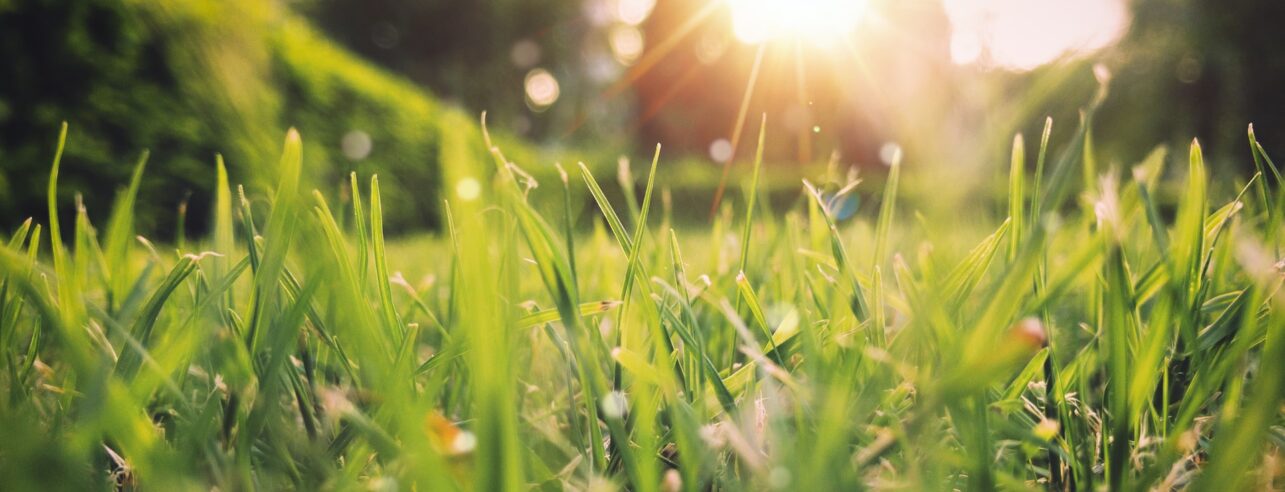
Lawn care in March
Now the daffodils are emerging and your grass is beginning to grow, it's time to think about those essential springtime lawn care tasks.
🌱 All important maintenance moments for your lawn during the year. Leave your email and we will send you the lawn calendar for free.
Enter your email
Receive the lawn calendar in the mail
Enjoy a green lawn all year round!
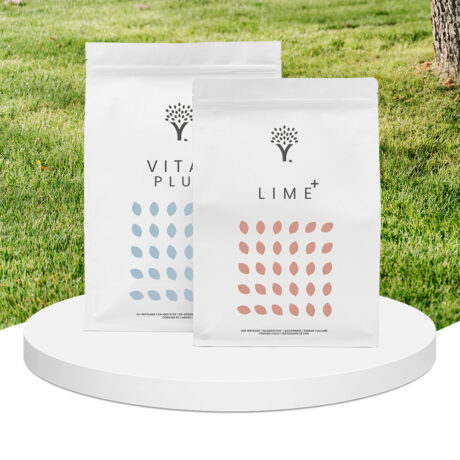
- Order by 2PM = shipped today
- 250.000+ satisfied customers!
- 60 day satisfaction guarantee
Now that winter is (almost) over and the temperature is rising, we can get working in the garden again. There’s nothing more calming and grounding than digging in the garden and tending to your lawn, is there?
In fact, the Royal Horticultural Society recently discovered that gardening significantly decreases depression and anxiety while boosting social function.
So, it’s time to emerge from our winter hibernation and get active in the garden once more.
Have you missed it? I have! That’s why in this blog, I thought I’d explain which jobs you can do in March.
Happy gardening, everyone!
What to do with your lawn in March?
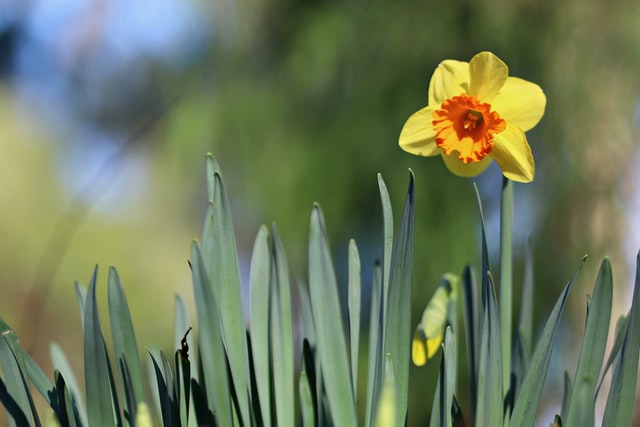
Your lawn is coming out of hibernation, and temperatures are slowly rising above 10 °C again. That means it’s time to brush off the gardening boots and get focused on lawn care again.
These are the tasks I recommend for March:
- Do a soil acidity test and apply lime
- The first mowing
- Scarify
Do a soil test
Tip: buy a soil test and measure the pH value of the soil.
At the end of the winter, you should check the state of your soil. Your soil’s acidity increases each year, and a winter with lots of rain like we’ve just had tends to accelerate the process. Also, heavy clay or sandy soils tend to have high naturally high acidity levels.
Grass prefers soil with a neutral pH, so the more acidic your earth, the more inhospitable it is to your grass plants. So, if your lawn has become overwhelmed with weeds and moss, it’s likely to be an issue with high acidity.
Carry out a soil test to ascertain your lawn’s pH level – a pH of between 6 and 6.5 is ideal. If your soil’s pH is lower than 6, you can restore the neutrality by spreading Lawn Lime.
Scattering lime
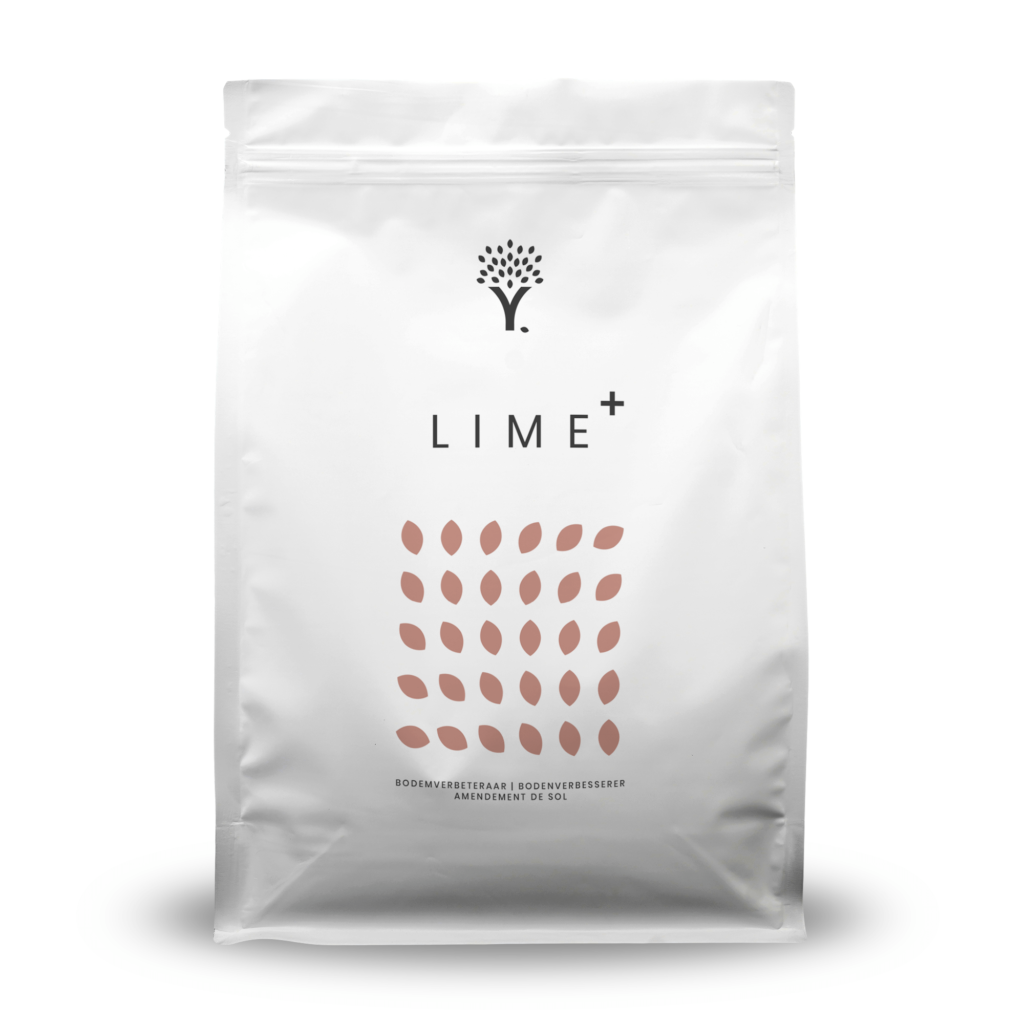
Lime contains a lot of calcium, which increases your soil’s pH level, and by spreading lime over your lawn, your grass will grow faster than moss.
Lime also helps your soil absorb fertiliser – so spreading lime will increase the efficacy of your lawn feed.
Wait at least three to four weeks before fertilising your lawn after you’ve spread lime because calcium in the lime binds together with nitrogen in your fertiliser. This prevents your lawn from absorbing nutrients.
And that, of course, is a waste.
Want to know more about pH values and lime? Read our expert article: Lime for a beautiful lawn.
Lawn mowing
When your grass is too long, it can lay flat, restricting air circulation. So, as soon as your grass starts growing, you can mow.
For the first mowing, cut your grass no shorter than 6cm. Make sure you remove all grass clippings, which can choke your soil if left on the lawn surface. Additionally, grass clippings may prevent your fertiliser from absorbing into the ground – so make sure you rake them away.
Remember: never cut your grass blades more than ⅓ of their length. And use sharp blades – blunt blades will tear the grass and damage it.
For more tips on mowing your lawn like an expert, check out this article.
Scarifying the lawn
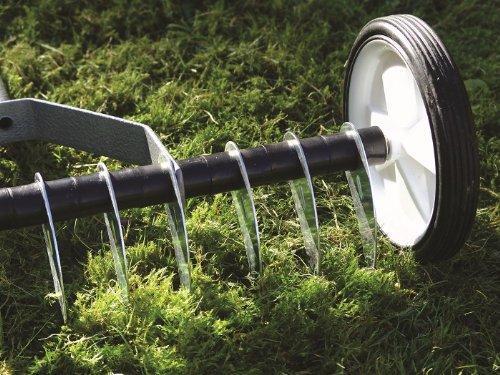
There’s a good chance that moss has infiltrated your lawn over winter. With lots of rain and so little sunshine, moss can grow rampant.
Moss suffocates your lawn, and water, light, and nutrients can no longer find their way to the soil. So, it’s a good idea to scarify.
Scarifying is an essential maintenance task that removes moss and dead organic material from the soil surface. You effectively comb the organic material out of your lawn, but initially, it can look a bit like you’ve destroyed your lawn.
Don’t worry, though, because your lawn will quickly recover. And within two weeks, your lawn will look beautiful, strong, and vibrant.
Note: only scarify when the lawn is actively growing. So make sure the temperature is over 10 degrees and your grass has already started growing.
Read our complete article on scarifying, including a step-by-step plan, here.
Tip: Sprinkle ferrous sulphate before scarifying. The added iron sulphate increases resistance and helps the lawn recover after its winter dormancy.
I wish you lots of gardening pleasure!
Do you have any questions?
We love to hear from you. Ask us anything about your lawn – add your question to the comments below.
-
Zero-Waste Gardening – This is How You Do It!Did you know that the average person wastes between 100 and 150 kilos of food every year? That's why the concept of zero-waste gardening is becoming increasingly important for environmentally conscious gardeners that like to do their gardening greener.Read more
-
How to Master Tree Pollarding: A Practical GuidePretty dense! What might be an insult to some, is certainly a compliment to trees. Through pollarding, you can make sure, your trees have a dense crown of beautiful leaves.Read more
-
Get Ready: Here are 5 Garden Trends for 2025Curious about the latest garden trends for 2025? From smart solutions to sustainable choices, discover all the outdoor trends that are transforming British gardens!Read more
-
How to Care for Plants in Winter: A Simple GuideWhen winter comes around, the care requirements of your plants change. Find out, how to adjust the care routine for your plants.Read more
-
Companion Planting Made Easy: A Step-by-Step TutorialStrategic plant partnerships can solve common gardening problems like pest invasion and disappointing yields. Find out which plants are great together in our companion planting guide.Read more
-
How to Grow Sweet Potatoes in Your GardenWant to know something splendid? A single sweet potato plant can produce 5 to 10 pounds (4.54 kg) of nutritious tubers—plenty to keep your family’s pantry well-stocked for weeks!Read more
-
Revive Your Lawn After Winter With These Easy StepsTired of winter lawn damage? Discover how to repair brown spots, remove weeds, and revitalise your grass for a thriving garden this spring.Read more
-
A Complete Guide On Lighting for Your House PlantsAchieve perfect lighting for houseplants! This guide covers light mapping, plant placement, and grow light tips to help your plants flourish indoors.Read more
Leave a comment
Your answer will be displayed on the site and the interested party will be notified by email.
Leave a comment
Have a question or want to share your experience? Leave us a comment.
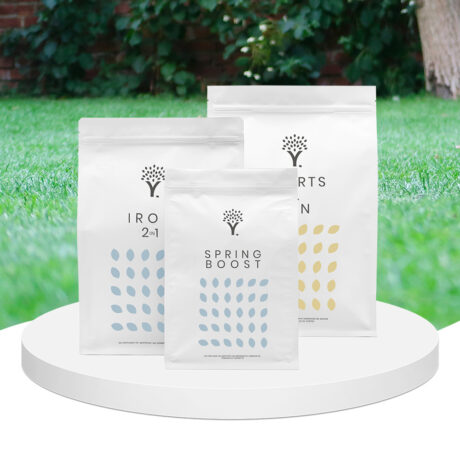
- Order by 2PM = shipped today
- 250.000+ satisfied customers!
- 60 day satisfaction guarantee
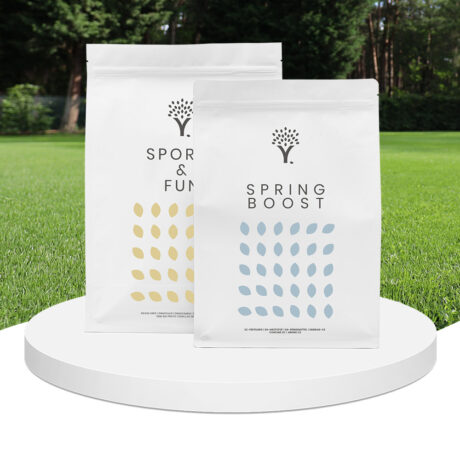
- Order by 2PM = shipped today
- 250.000+ satisfied customers!
- 60 day satisfaction guarantee

🌱 All important maintenance moments for your lawn during the year. Leave your email and we will send you the lawn calendar for free.
Enter your email
Receive the lawn calendar in the mail
Enjoy a green lawn all year round!

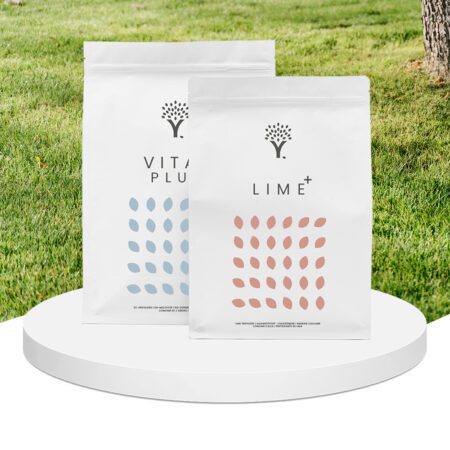


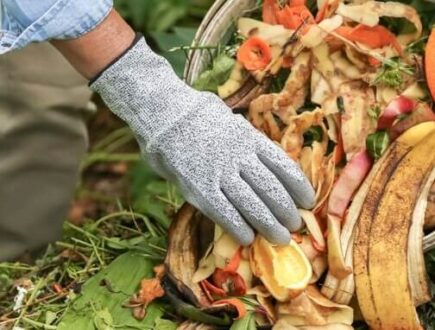
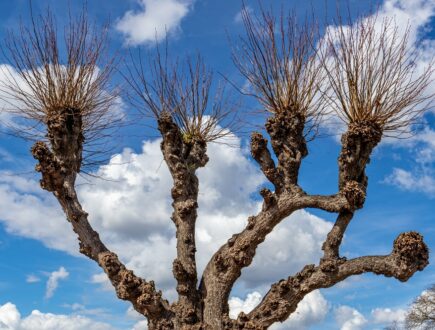
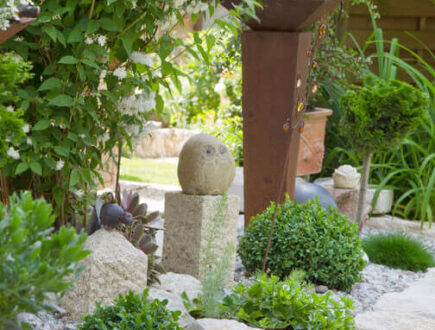
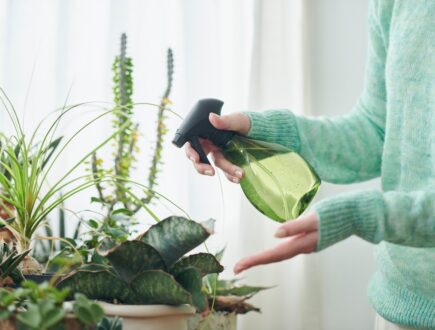


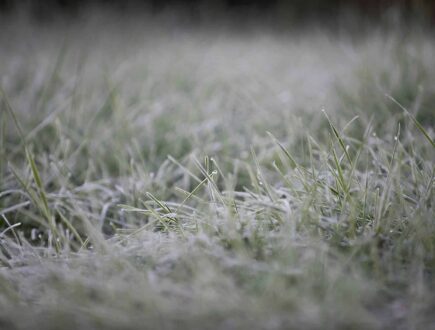

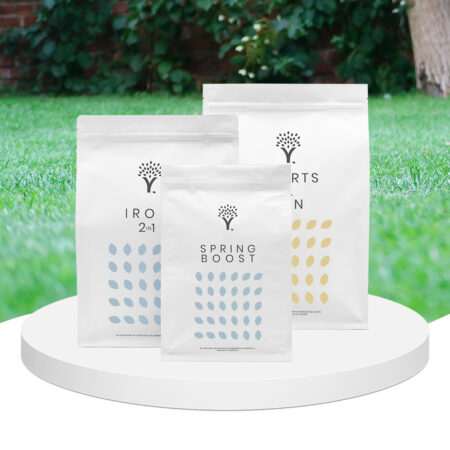
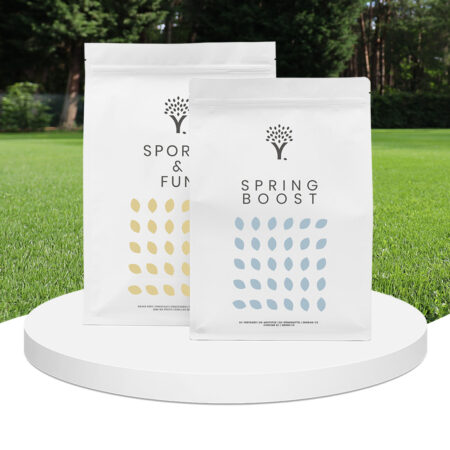
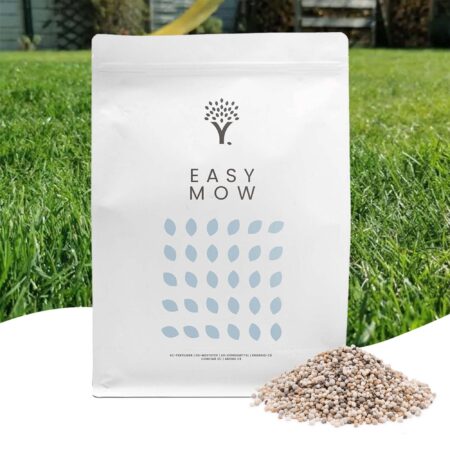
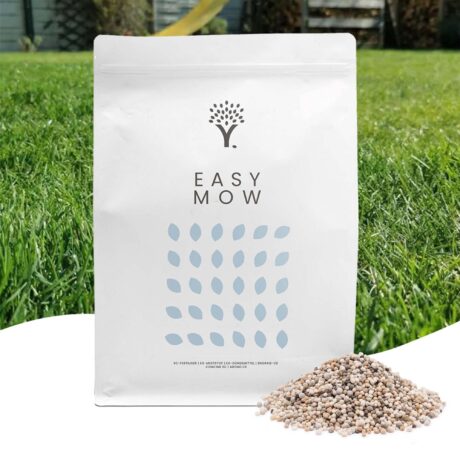

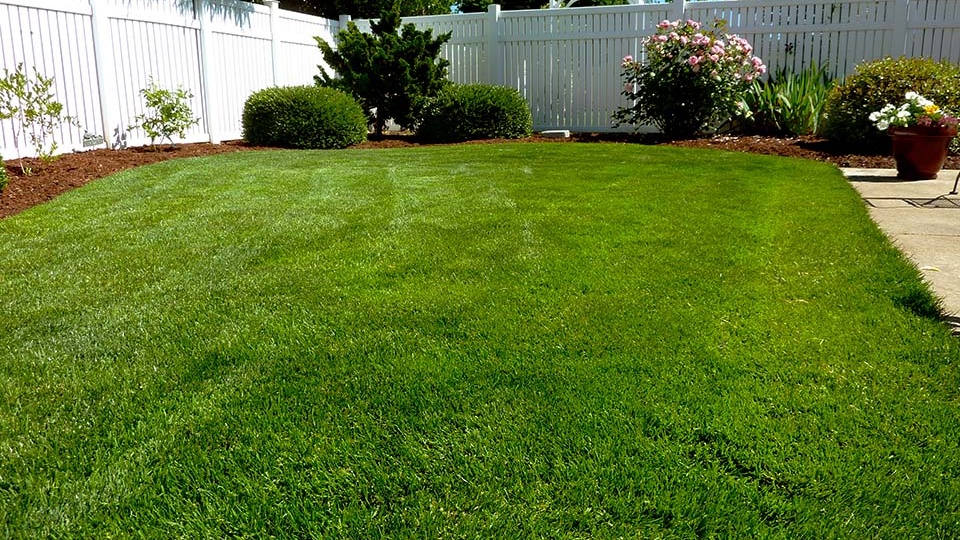
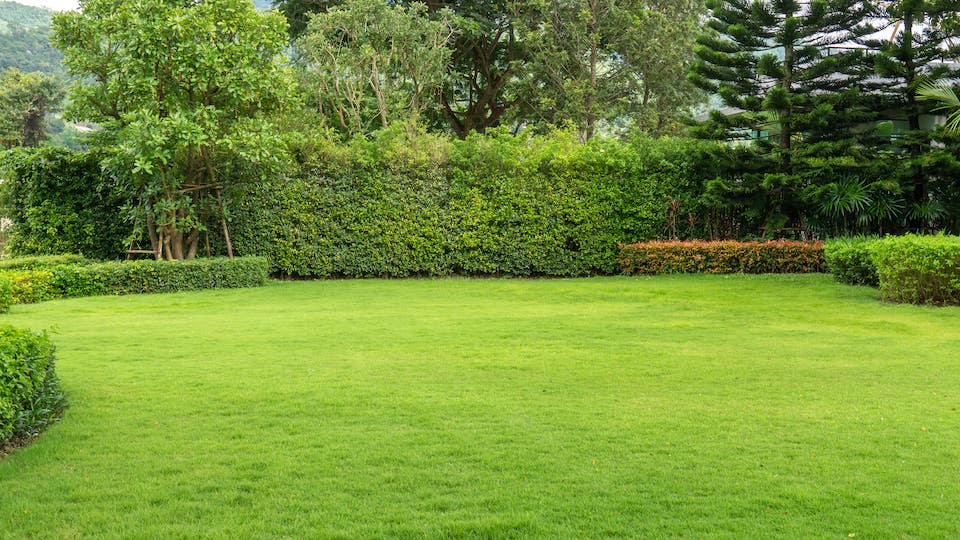


Comments (0)
There are no comments yet. Well then, what are you waiting for to
Be the first to write your comment!inaugurate this pretty page?
Do you have some comments?